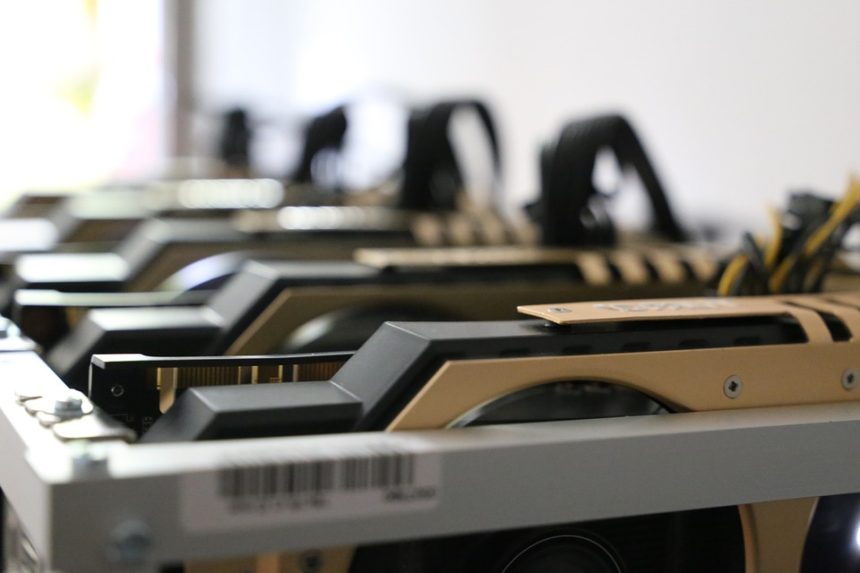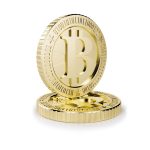Meet the Innovators Bringing Transparency to Supply Chains with Blockchain
In an era where the global economy is increasingly interconnected, the importance of transparency in supply chains has never been more pronounced. Manufacturers, consumers, and regulators alike are demanding heightened visibility into the origins of products and the practices that bring them to market. The complexity of modern supply chains—often spanning multiple countries, industries, and regulatory environments—has made this a daunting challenge. However, trailblazing innovators are harnessing the power of blockchain technology to revolutionize supply chain transparency, ensuring that every transaction is accountable and verifiable.
Understanding the Challenge
Supply chains are rife with inefficiencies, fraud, and opacity. Traditional systems often rely on centralized databases that are vulnerable to manipulation. Information may be siloed among various stakeholders, leading to a lack of trust and accountability. This was highlighted during the COVID-19 pandemic, where disruptions exposed the fragility of global supply chains, causing delays and shortages across countless industries.
With consumers increasingly concerned about sustainability, ethical sourcing, and product authenticity, the call for more transparent supply chains grows louder. In response, a new wave of innovators is leveraging blockchain technology—known for its decentralized, immutable, and transparent nature—to address these complexities.
How Blockchain Works in Supply Chains
At its core, blockchain is a decentralized digital ledger that records transactions across multiple computers so that the registered data cannot be altered retroactively. This means that every transaction is visible and traceable, providing a single source of truth for all parties involved in the supply chain.
-
Transparency: Blockchain allows all stakeholders—from manufacturers to consumers—to access immutable data regarding the product’s journey, including origin, handling, and transport.
-
Traceability: In case of defects or contamination, blockchain enables rapid tracing of products back to their source, facilitating swift responses to issues.
- Efficiency: By automating transactions and record-keeping with smart contracts, blockchain reduces delays and costs associated with intermediaries.
Innovators Leading the Charge
Several pioneering companies and organizations are implementing blockchain technology to foster supply chain transparency. Here are a few notable examples:
-
IBM and Maersk – TradeLens: In collaboration, IBM and Maersk developed TradeLens, a blockchain-based shipping platform. TradeLens integrates data from all participants in the global supply chain—shippers, ports, shipping lines—into a single, secure ledger. This connectivity enables stakeholders to track shipments in real-time and provides them with unprecedented visibility into the movement of goods worldwide.
-
Provenance: Provenance is a platform that empowers brands to share detailed information about their supply chains. By using blockchain, Provenance enables companies—from fashion to food—to disclose their sourcing practices and verify the authenticity of their products. Consumers can scan QR codes to trace the product’s journey, fostering greater trust in the brand.
-
VeChain: Focusing on various sectors, VeChain provides a blockchain platform specifically designed for supply chain and logistics use cases. Their technology allows businesses to track and authenticate products, ensuring compliance with regulations. For example, the luxury goods industry can cryptographically demonstrate authenticity, addressing the pervasive issue of counterfeit items.
-
Everledger: Initially built to trace the provenance of diamonds, Everledger has expanded its blockchain technology to include various luxury goods, wine, and art. The platform verifies the authenticity and history of high-value items, solidifying consumer trust and decreasing fraud.
- FoodTrust by IBM: Addressing food safety concerns, IBM’s FoodTrust blockchain enables participants along the food supply chain to view and share data about the origins and journey of food products. This technology has been instrumental in managing recalls effectively, as seen in cases of contaminated produce where rapid tracing has made a significant difference.
The Future of Blockchain in Supply Chains
While the potential of blockchain in supply chain management is enormous, challenges remain. High costs, interoperability among systems, and the need for comprehensive industry standards complicate widespread adoption. However, as awareness grows and more stakeholders recognize the benefits of transparency, momentum is building.
Education and collaboration will be crucial in overcoming these hurdles. As more companies adopt blockchain technology, the landscape will evolve further, and new business models will arise, emphasizing sustainability, ethics, and consumer empowerment.
Conclusion
The application of blockchain technology in supply chains is a game-changer, bringing enhanced transparency, traceability, and efficiency to industries around the globe. As we meet these innovators and explore their pioneering solutions, it becomes clear that the future of supply chains will be characterized by trust and accountability, ultimately benefiting businesses, consumers, and the planet alike. As these technologies mature, we can expect a more ethical and transparent marketplace where consumers can make informed choices about the products they purchase.





